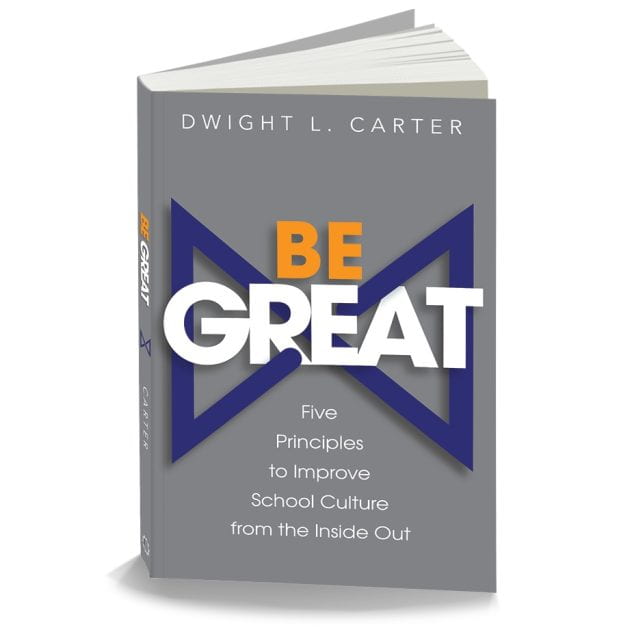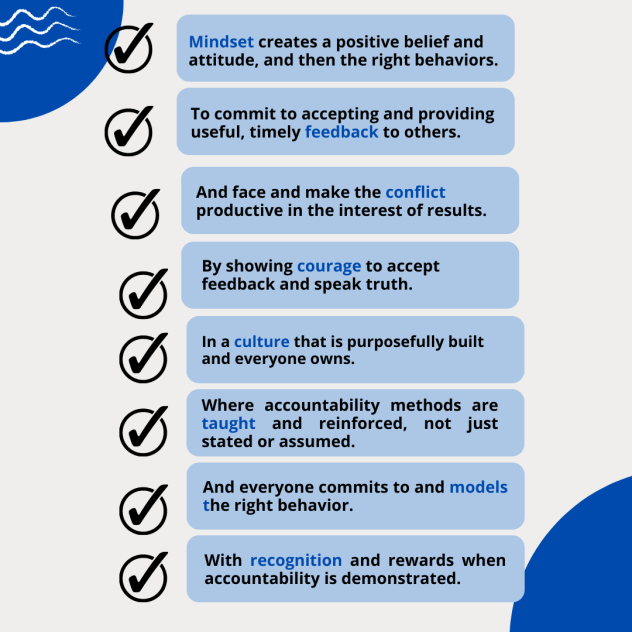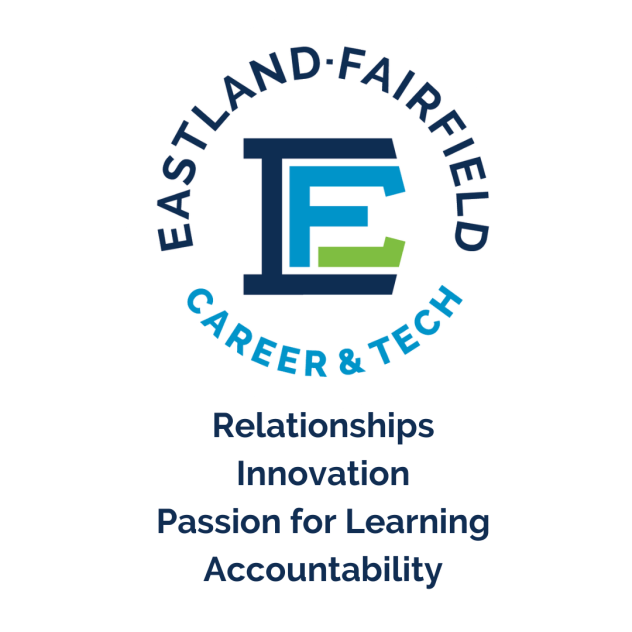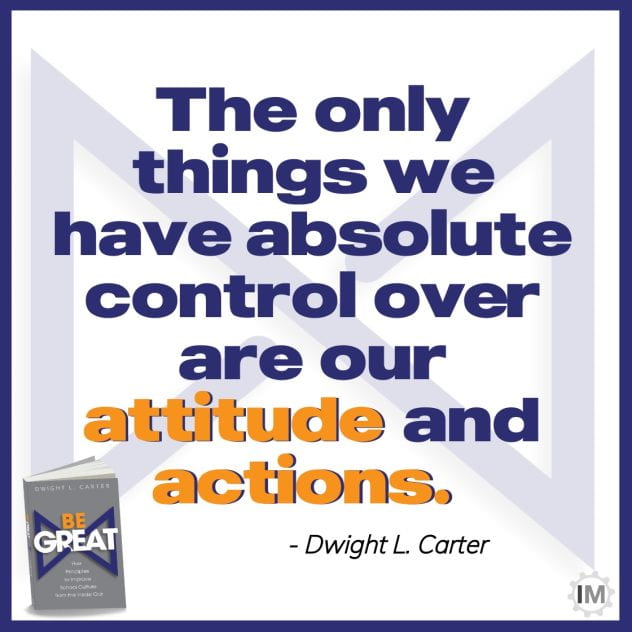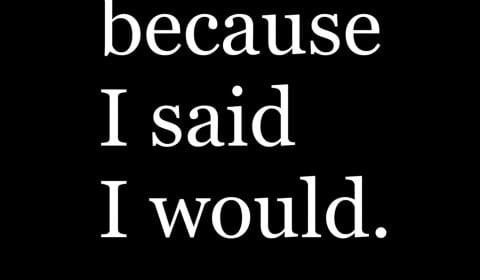Have you ever questioned why you do what you do? Have you questioned your excitement or passion for what you do? I hesitate to use the word “passion” because it’s overused and misunderstood. It’s at a point where some may believe that they have to find something else to do if they are not passionate about their work. One can be passionate about something apart from one’s career. Many are and are living successful, fulfilled lives.
Instead of questioning your passion, I encourage you to examine if you are using your strengths. Are you operating in your character strengths regularly, or are you stifled by your title or job description?
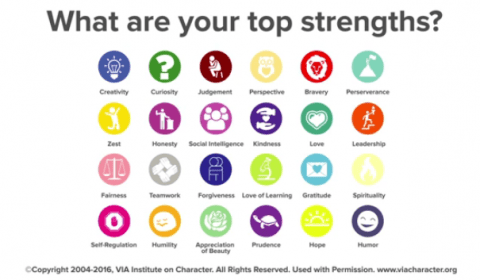
Several years ago, I began speaking and coaching while I was also a building principal. I loved the work. I made connections with others who do the same who I am blessed to call my friends. I enjoyed helping other leaders and educators work through challenges or inspire them to try new things. After a presentation or coaching session, I’d return to my building on fire and ready to take on the day. I noticed it, and others saw it as well. Soon after, I would become bogged down with the minutiae that are just a part of the job. Over time, I became discouraged and somewhat disheartened. It was a struggle. I decided to change districts, thinking that I would find my joy in the job with a fresh start.
While I enjoyed working in another district, I quickly learned that it wasn’t the district. My issue was internal. I still got a charge from many parts of being a building principal, especially creating the conditions for students to succeed and staff to teach and grow professionally. There were also parts that I just couldn’t stomach any more. After many months of reflection, talk therapy, and soul searching, I learned that the one thing I enjoy most is teaching. I continued to coach and speak, and I decided to leave the principalship to coach, present, and consult full-time.
Teaching can occur in many forms: coaching, using staff meetings as learning opportunities, speaking, and presenting. I love the entire learning process and found myself unable to do it as much as a building principal because the principalship is multi-faceted and layered.
A few years ago, I worked with a leadership coach named Jack Slavinski (@jackslav) to identify my strengths. Through the process, I learned why I succeeded in some principalship areas and struggled in other areas. Regardless of your position, you can still learn to use your strengths to help yourself, others, and your school or district. After a year as a full-time leadership and effective coach and presenter, I returned to building leadership as an assistant director at a career and technical school. My transition back to the building was not easy, but I learned to lean into my strengths and find ways to use them to have a positive impact on my team, staff, and students. I have a better work/life balance, my mind is clearer, and I can support our director because of my experience in the position. Here are three things I did to find more fulfillment in my career:
1. Use a research-based assessment to learn more about your character strengths and reflect on what you enjoy most about your job. I highly recommend the VIA Character Strength Assessment. I’ve taken it twice in the last two years, and my top five character strengths have remained pretty consistent, which is consistent with the research. Putting words and descriptions to my strengths has allowed me to be more intentional about my daily work.
2. Share your strengths with others and let them know how you use them to serve others. Take it a step further and share your plan on how you will better operate within your strengths to add value to others and your school. For example, I am now in my second year as an Assistant Director at Eastland Career Center. I am relatively new to CTE and have found many ways to use my strengths to help my district. I help facilitate staff meetings, collaborate with district staff to plan our professional development, and find ways to lead up, meaning helping our leaders lead better. The John Maxwell Company shares nine ways to lead up:
● Lead yourself exceptionally well. The key to leading yourself well is to learn self-management. In order to be successful, we must make the right decisions early and manage those decisions daily. Then, we are prepared to follow through on them with consistency.
● Lighten your leader’s load. When the boss succeeds, the organization succeeds. Conversely, it is almost impossible for you to win if your boss fails. Be a team player and lift the load on your boss’ plate. By helping your boss in a great way, you are a part of something bigger and will have the chance to celebrate success in the end.
● Be willing to do what others won’t. Few things gain the appreciation of a top leader more quickly than an employee with a whatever-it-takes attitude.
● Do more than manage – lead! Managers work with processes – leaders work with people. Think within a broad context about how your decisions will impact the entire organization. You’ll prove you can move past management to leadership.
● Invest in relationship chemistry. People won’t go along with you if they can’t get along with you. As a leader, our job is to connect with people. We must connect with those we lead, our peers, and those who lead us. In order to lead up, be a champion of what your leader desires.
● Be prepared every time you take your leader’s time. Time is the one commodity that cannot be increased, no matter what a leader does. Take steps and research to prepare yourself and your leader for your time together. Preparation paves the way for both leaders to add value to each other.
● Know when to push and when to back off. Successful leaders make the right move at the right moment with the right motive. Knowing the right time to push and when to back off will determine if you get pushed right out the door. As leaders, we must read the atmosphere of the workplace to determine appropriate next steps.
● Become a go-to player. All leaders are looking for people who can step up and make a difference when it matters. When they find such people, they come to rely on them and are inevitably influenced by them. To be a go-to player, we must always produce excellence. Leaders will trust us and count on us in moments that count.
● Be better tomorrow than you are today. The key to personal development is being more growth-oriented than goal-oriented. Goals are valuable, but growth helps you achieve those goals. Focus on growth every day, and your leadership journey will be life-long and fulfilling. Ultimately, you’ll benefit your entire organization when you aim for personal growth.
3. Work on your strengths as you plan, prepare, and practice while doing your daily work.
If you are frustrated, disenchanted, discouraged, and questioning your effectiveness as a leader, teacher, coach, or whatever, take some time to identify your areas of strength. Reflect on the moments you experience joy in your work and consider why. Then do something about it. Take the VIA Character Assessment and examine your profile to identify ways to find more purpose in your career. Your colleagues, staff, and team will experience the difference, and thank you for it. Feel free to share your results and reflections in the comment section or email me at mrdwightcarter@gmail.com.
Be Great,
Dwight
